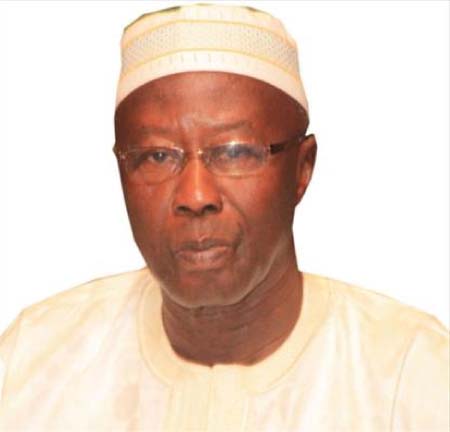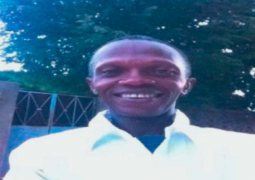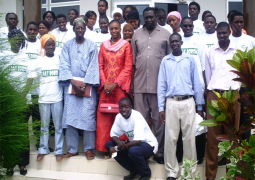
His acquittal and discharge followed a ruling on the no-case-to-answer submission made by his defence counsel before the said court.
Delivering his ruling, the presiding magistrate told the court that the accused, Lamin Waa Juwara, was charged on a single count of “abuse of office”.
The particulars of offence were that sometime in 2012, at Sinchu Gidom in Kombo South District, West Coast Region, being an employee of the Gambia government as a Minister of Local Government and Regional Administration, he abused the authority of his office in a manner that is prejudicial to the Alkalo and the elders of Jambur village, by creating Sinchu Gidom as a village and appointing one Abubacarr Sillah as the Alkalo of the said Sinchu Gidom, knowing that Sinchu Gidom is a kabilo within Jambur village.
He said the accused person was arraigned before the court on 25 September 2014 and he pleaded not guilty to the charge alleged.
To discharge the burden of proof required in the case, the prosecution called seven witnesses and tendered exhibits, the magistrate said.
Upon the close of the prosecution’s case, the accused made a no-case-to-answer submission and addressed the court orally and the prosecution replied to the no-case submission.
“I have examined all the evidence. All the exhibits tendered by the prosecution,” the magistrate said.
He added that the prosecution alleged in the particulars of offence that the accused, as the then Minister of Local Government and Regional Administration, created Sinchu Gidom as a village and appointed one Abubacarr Sillah as the Alkalo of Sinchu Gidom.
He said the 5th prosecution witness, Mustapha Touray, who was the then Chief of Kombo South in 2012, admitted under cross-examination that Sinchu Gidom is a village and needed an Alkalo.
The 6th prosecution witness, Lamin Sanneh, who was the then Governor of West Coast Region, admitted under cross-examination that Sinchu Gidom is a village in existence.
PW7, Momodou Jallow testified under oath and gave a brief history of Sichu Gidom and narrated before the court that Sinchu Gidom is a village created by his father, Gidom Jallow, who is still alive.
“The Governor and the Chief are the primary agents of the State in Local Administration of West Coast Region and I believe in the testimonies of the then Governor and the then Chief of Kombo South, that Sinchu Gidom is a village and this piece of evidence is supported by the testimonies of PW7, Momodou Jallow, that his father created Sinchu Gidom as a village with the permission of the Jarri-kunda kabilo in Jambur,” stated the magistrate.
Furthermore, PW1, Haruna Bojang, the Alkalo of Jambur, admitted under cross-examination that Sinchu Gidom was a settlement of the Jarri-kunda kabilo traditional people, he said.
From the prosecution’s witness testimonies highlighted above, it is evident that the accused did not create the settlement of Sinchu Gidom as a village.
It was in evidence that there was a Village Development Committee (VDC) in Sinchu Gidom and a VDC is a statutory requirement of a village according to the Local Government Act 2002, he said.
“It is for this Act that the Minister deemed it necessary to appoint an Alkalo of Sinchu Gidom because they have a VDC,” said the magistrate.
“Consequently, I reached the conclusion that the prosecution has failed to prove the ingredient of the offence charged.”
Asked whether the accused knew that Sinchu Gidom as a Kabilo within Jambur constitutes, PW1 admitted in evidence that Sinchu Gidom is not a Kabilo in Jambur and named the six kabilos in Jambur.
“My mind is clouded with doubts as to whether the accused abuse his office. I do not find any evidence or the evidence of the ingredients of this offence or elements of it that can sustain or even secure a conviction on this charge,” he stated.
“Thus, I do not believe and cannot find any prima facie case against the accused persons on this charge. I also find that no essential element of such an offence as charged under this count has been proved,” he said.
“Consequently, the accused’s submission of no-case-to-answer is accepted and succeeded. Therefore, the offence charged is dismissed,” he said.
“The accused is hereby acquitted and discharged accordingly,” the magistrate declared.
Read Other Articles In Article (Archive)





